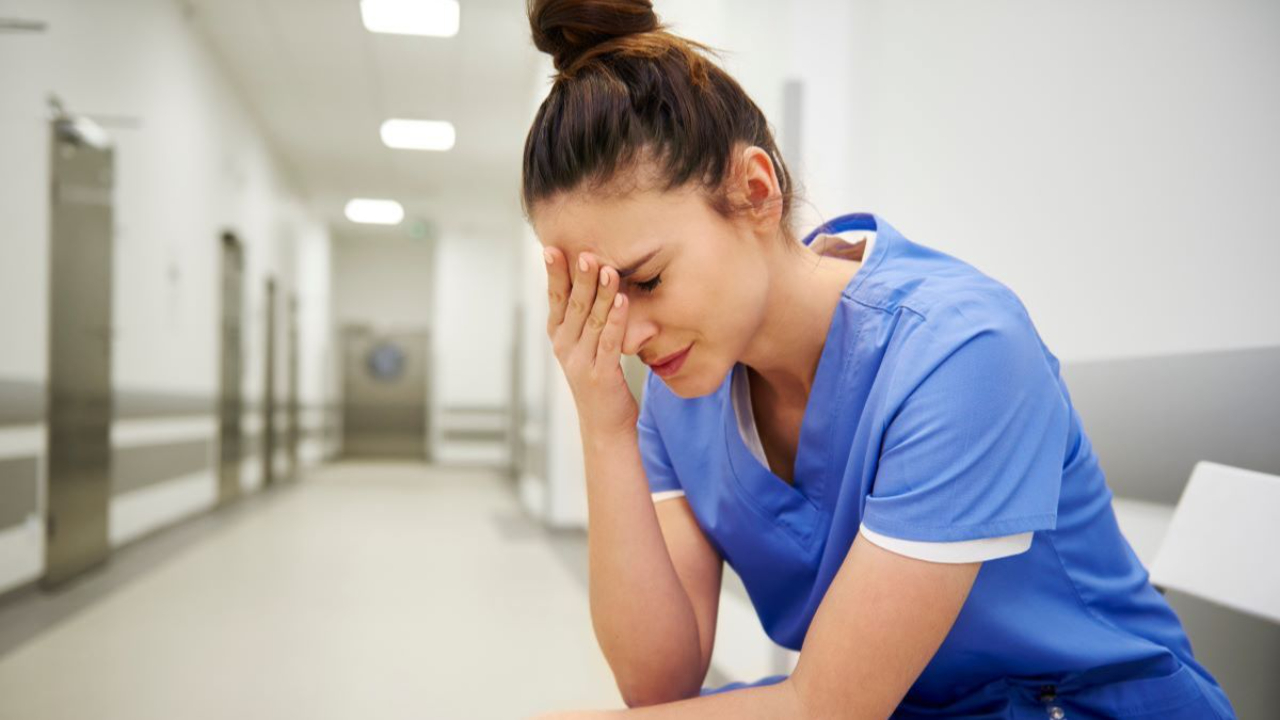Broken by the System: Why Psychological Safety Matters in Healthcare
May 19, 2025
“In the absence of psychological safety, people don’t speak up, problems don’t get fixed, and the organization suffers.”
– Amy Edmondson, Professor at Harvard Business School and author of The Fearless Organization
In my early days as a nurse, fresh out of university and full of passion, I encountered something I wasn’t prepared for: a charge nurse who seemed to make it her mission to break the spirits of new graduates.
I was reprimanded publicly in front of patients and peers for things that were either untrue or grossly exaggerated. I wasn’t the only one she targeted, but I was new, so I became her focus. Despite raising the issue with management (who did eventually act), the situation escalated, and I ultimately transferred to another ward to protect my wellbeing. Many others did the same.
Sadly, my experience is not uncommon in healthcare and it's a stark reminder of why psychosocial safety needs to be a top priority in our industry.
Psychosocial safety is the belief that you can speak up, make mistakes, or ask for help without fear of humiliation, punishment, or retaliation. In psychologically safe workplaces, staff are respected, supported, and encouraged to contribute regardless of their level or occupation.
When psychological safety is absent, staff become anxious, withdrawn, and afraid to speak up. Over time, this creates a toxic culture that leads to stress, burnout, poor patient care, and, ultimately, high turnover.
Healthcare is a high-pressure environment. Add to that poor leadership, bullying, or a lack of empathy from management, and you have a dangerous cocktail that jeopardises not only staff wellbeing but patient outcomes too.
Why Psychosocial Safety is Critical for Nurses:
A 2021 survey by the Australian Primary Health Care Nurses Association (APNA) found:
-
78.8% of nurses reported feeling burnt out
-
86.7% reported feeling stressed at work
-
80.4% felt exhausted
-
Nearly 1 in 3 planned to leave the profession within the next 2–5 years
(Source: APNA Workforce Survey, 2021)
The pandemic didn’t create burnout, but it certainly exacerbated it. Nurses have worked through crisis after crisis, often without the leadership, support, or resources needed to stay well themselves.
The charge nurse I mentioned earlier didn’t just hurt me she hurt the team. We were walking on eggshells, second-guessing every move, and afraid to admit when we didn’t know something. That’s not just bad for staff morale it’s dangerous in clinical environments.
When leaders lead with fear rather than compassion, they create psychological harm. This can manifest as:
-
Reduced confidence and decision-making ability
-
Fear of asking for help
-
Isolation among team members
-
Increased risk of clinical errors
-
Increased stress, burnout, absenteeism, and staff turnover
Building Psychosocial Safety for Nurses:
-
Leadership Matters
Leaders set the tone. Charge nurses, NUMs, and executives must model respect, empathy, and emotional intelligence. They must hold themselves accountable when harm is done and be willing to listen when concerns are raised. -
Encourage Open Communication
Promote environments where speaking up is welcomed, not punished. Leaders should encourage feedback, and learning not silence and compliance. -
Train and Support Leaders
Not everyone is born a great leader. Invest in training that focuses on people skills, not just clinical competence. -
Measure and Monitor
Tools like psychosocial hazard audits and wellbeing surveys help uncover what’s really happening on the floor and help prevent small issues from becoming serious risks. -
Put Systems in Place
Embed wellbeing into your culture with peer support programs, debriefing sessions, wellness check-ins, and clear processes for reporting and responding to bullying or psychological harm.
The Human Cost of Ignoring Psychological Safety:
When we ignore psychosocial safety, we lose good nurses, nurses who love what they do but cannot survive in a toxic culture.
We also lose trust, clinical efficiency, and sometimes, lives.
It doesn’t have to be this way.
Imagine a healthcare workplace where all nurses feel supported, where seasoned professionals are encouraged to mentor rather than mock, and where mistakes are opportunities not threats.
That’s the kind of system we need if we want to retain our nursing workforce and continue delivering the high-quality care that Australians deserve.
My experience made me passionate about creating healthier, safer workplaces not just physically, but emotionally. As a nurse and now as a wellness consultant, I see firsthand how transformative psychologically safe workplaces can be.
Psychosocial safety isn’t a luxury, it’s a necessity. Let’s lead the change, one ward, one team, and one conversation at a time.
If you're a healthcare leader, ask yourself: Would your team feel safe telling you they made a mistake? If not, it's time to start building that safety today.

